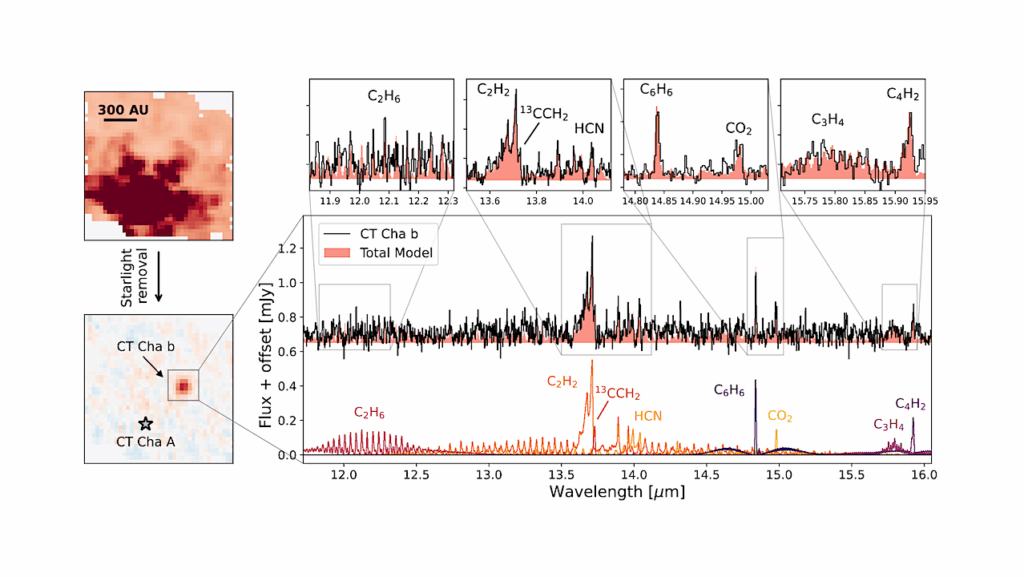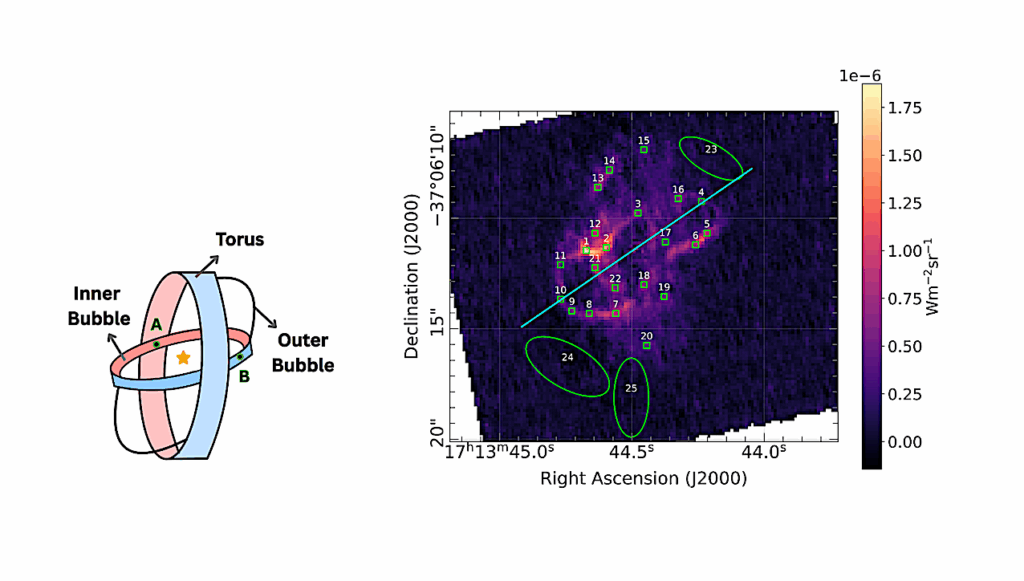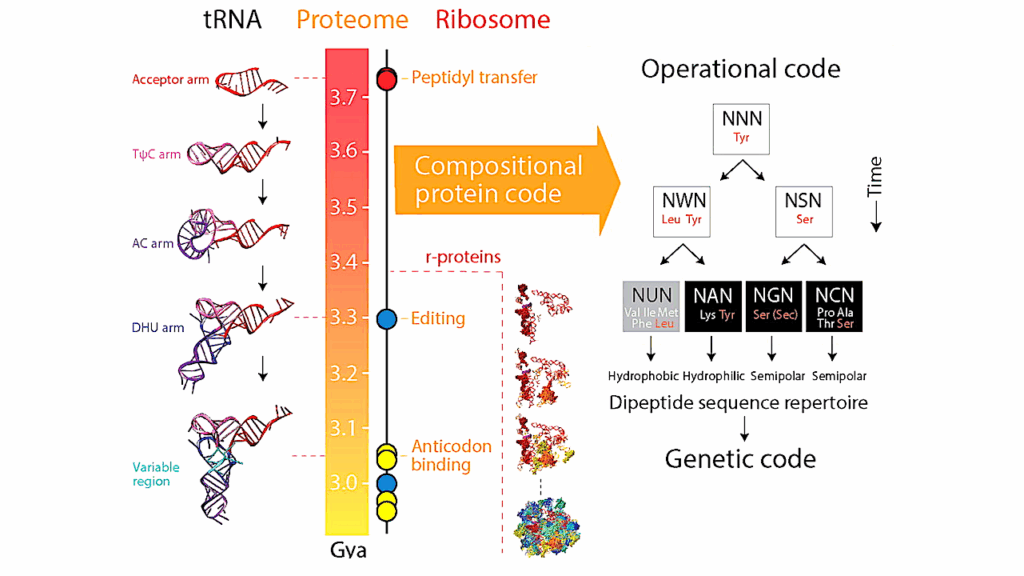Tracing The Origin Of life

The origin of life is one of the great questions of mankind. One of the prerequisites for the emergence of life is the abiotic – not by living beings caused chemical – production and polymerization of amino acids, the building blocks of life.
“Two scenarios are being discussed for the emergence of life on Earth: On the one hand, the first-time creation of such amino acid chains on Earth, and on the other hand, the influx from space,” explains Tilmann Märk of the University of Innsbruck. “For the latter, such amino acid chains would have to be generated in the very unfavorable and inhospitable conditions in space.”
A team of researchers led by Michel Farizon of the University of Lyon and Tilmann Märk of the University of Innsbruck has now made a significant discovery in the field of abiotic peptide chain formation from amino acids for the smallest occurring amino acid, glycine, a molecule that has been observed several times extraterrestrially in recent years.
A study published in the Journal of Physical Chemistry A, which also made the cover of the journal, shows that small clusters of glycine molecules exhibit polymerization upon energy input. A reaction occurs within a cluster consisting of two glycine molecules. The two amino acids become a dipeptide and a water molecule. The reaction of a dipeptide to a tripeptide within a cluster was also demonstrated by the researchers.
“Our study sheds light on the less likely unimolecular scenario for the formation of such amino acid chains in the extreme conditions of space,” says Michel Farizon. “We were able to show that peptide chain growth occurs through unimolecular reactions in excited cluster ions, without the need for contact with an additional partner such as dust or ice.”
The current work provides evidence that the first step toward the origin of life can occur in the highly unlikely conditions of space. “The study is an important milestone on the route to understanding the origins of life. The results will serve as a basis for further research in this field,” Michel Farizon and Tilmann Märk are convinced.
Publication: Glycine Peptide Chain Formation in the Gas Phase via Unimolecular Reactions, J. Phys. Chem. A Denis Comte, Léo Lavy, Paul Bertier, Florent Calvo, Isabelle Daniel, Bernadette Farizon, Michel Farizon, and Tilmann D. Märk. J. Phys. Chem. A 2023, 127, 775−780 DOI: https://doi.org/10.1021/acs.jpca.2c08248
Astrobiology








